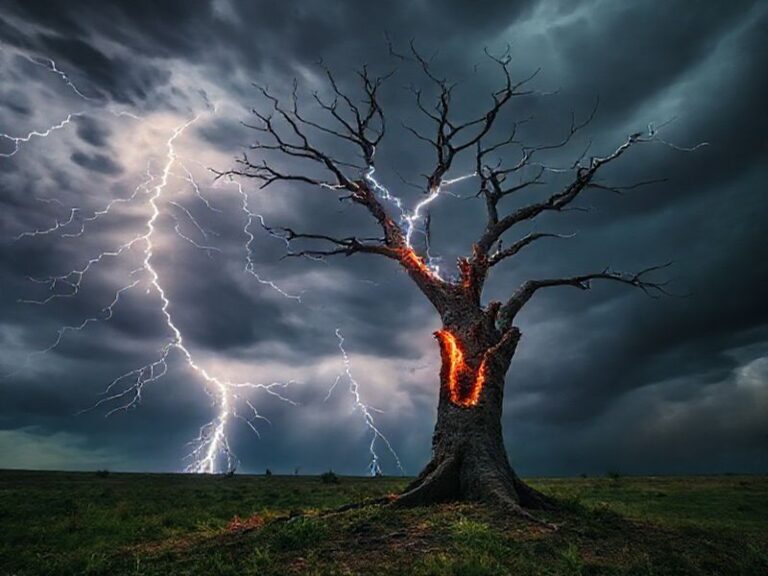jim nantz
Jim Nantz: The Last Gentleman Broadcasting to a Planet on Fire
By Dave’s Locker Foreign Desk
Somewhere between the azaleas of Augusta and the smoldering remains of what used to be the rules-based international order, Jim Nantz sits in a CBS compound that resembles a minor principality, calmly introducing the Masters as though Vladimir Putin isn’t simultaneously redrawing borders by force and the global thermometer isn’t auditioning for a Tarantino blood-spatter scene. To the rest of the planet—where “play-through” refers to surviving artillery barrages, not faster golfers—Nantz’s velvet baritone is either the final, faint echo of post-war American optimism or the smoothest-ever soundtrack to civilizational collapse. Take your pick.
Europeans, who’ve replaced afternoon tea with doom-scrolling, watch Nantz with anthropological fascination: here is a man who still believes that a polite whisper can hold entropy at bay. In Seoul, insomniac traders keep him on mute in the corner of their Bloomberg terminals—his hushed reverence for Amen Corner provides ASMR-level sedation while K-pop stocks crater. Meanwhile, in Buenos Aires, where inflation is measured in commas, Nantz’s annual plug for a $70 pimento-cheese sandwich lands like a surrealist art installation: “Americans, you beautiful lunatics, still counting birdies while your debt ceiling does a Greg Louganis.”
And yet, the world tunes in. Not because it cares whether Scheffler or McIlroy slips on a pine needle, but because Nantz offers the last universally translatable dialect of order. His syntax is NATO for the nervous system: subject-verb-object, no subtext about drone strikes. When he signs off with “a tradition unlike any other,” dictators from Minsk to Malibu quietly mouth along, comforted that at least one tradition hasn’t been sanctioned, canceled, or buried under rubble.
The numbers confirm the odd soft-power coup. Nielsen’s global streaming report shows Masters Sunday beats Netflix’s top non-English drama in 42 countries, including some where golf grass itself is a war crime against water policy. The takeaway? In an era when trust in institutions ranks somewhere between crypto exchanges and Nigerian princes, Nantz’s credibility is the rare commodity not yet shorted into oblivion. He is, in effect, the Moody’s AAA rating of human voices—utterly meaningless, yet everyone still pretends it matters.
Naturally, there’s a darker reading. Critics on three continents note that Nantz’s lullaby tone is the perfect narcotic for a populace sleep-walking into autocracy and ecological meltdown. “Bread and circuses,” tweets a climate scientist from Lahore, “but with azaleas and whispered bon mots.” Fair point: while Jim coos about roars rippling through pines, Pakistan clocks another 50-degree day and Florida quietly removes “climate change” from state employee Slack channels. The juxtaposition is so on-the-nose it could headline the Edinburgh Fringe.
Still, the planet bargains with its opiates. Japanese insomniacs play Nantz to drown out North Korean missile alerts. Syrian refugees in Berlin recognize his cadence from smugglers’ TVs in Istanbul holding cells. In the VIP lounge at Dubai Airport, Emirati princes half-listen while ordering another round of duty-free single malt—proof that oligarchs, too, crave bedtime stories.
So, what does it all mean? Perhaps that humanity, having perfected the art of simultaneous hyper-connectivity and existential dread, now requires a monocled voice to remind us that somewhere, a white ball still arcs against a cerulean sky. Jim Nantz isn’t merely broadcasting golf; he’s administering the final drip of morphine to a species that has already checked out of the hospital but hasn’t quite admitted it.
And when the last patron in the last airport bar switches off the final television, the echo you’ll hear is Nantz’s signature benediction—“Thanks for joining us”—drifting across a darkened fairway that used to be the 18th hole, now indistinguishable from every other scorched patch of earth. A tradition unlike any other, indeed.







